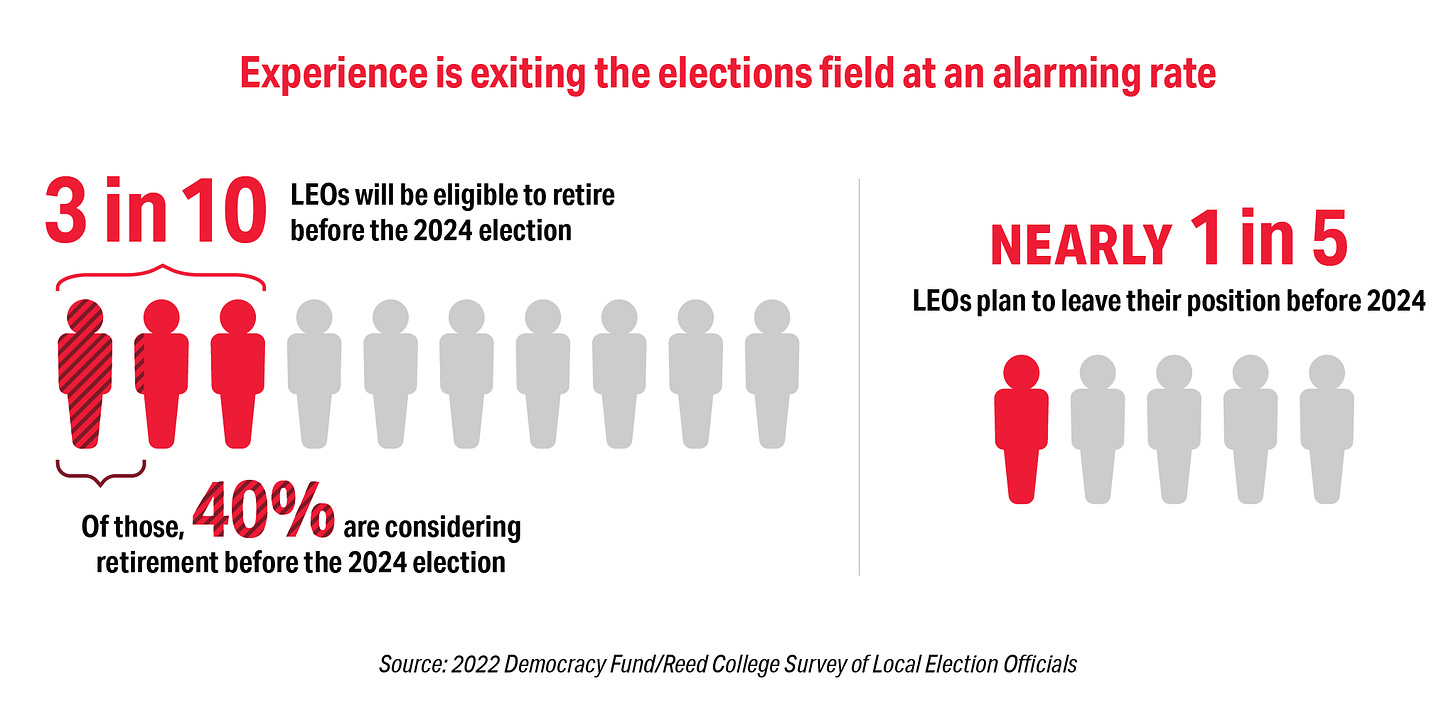Vote 16 Spring Meeting is Thursday! What should go in our implementation guide?
At our winter meeting, the Vote 16 Research Network Steering Committee announced an initiative to support local election officials. Now we face decisions about how to support Vote 16 implementation.
Vote 16 Research Network Spring meeting is this Thursday
Join us this Thursday for the Vote 16 Research Network Spring meeting!
Time:
3:30 pm - 4:15 pm Eastern time
2:30 pm - 3:15 pm Central time
1:30 pm - 2:15 pm Mountain time
12:30 pm - 1:15 pm Pacific Time
Zoom link: https://umd.zoom.us/j/6911098822
Phone option: +13017158592,,6911098822#
We will discussing several key items on the call!
News from the Vote 16 USA Movement! State and municipal legislation is moving all over America including a renewed effort by Senator Henry Stern in the California Legislature to lower the voting age to 17. Elections are coming up in Hyattsville, Mount Rainier, and Greenbelt Maryland this year where 16 and 17 year olds will be able to vote.
News from researchers exploring Vote 16 policies in the USA! We are working to build on our Vote 16 messaging study last year that showed that American voters are far more open to lowering the voting age than scholars had previously understood. We know from last year’s study that voters become more open to lowering the voting age when they are primed to think about positive things about the civic engagement of 16 and 17 year olds. But it’s unclear exactly what about those messages is persuasive. Our upcoming tests will go deeper into the persuasion mechanisms to see if voters are moved more by thinking about young people being informed about civic matters or by thinking about civic engagement and action by young people.
New from partners around the world! On June 19, a number of scholars will be gathering in Edinburgh to discuss the status of Vote 16 research globally. We are hoping to send representatives from this network! Please let me know if you would be interested in going to Scotland and we can see what is possible around travel funding. There will be a hybrid option for folks to join virtually as well. Please reach out if you’d like to join.
Main Discussion: The Vote 16 Implementation Guide Comes to life!
At our winter meeting, we shared that the Vote 16 Research Network Steering Committee directed us to prioritize developing a Vote 16 Implementation Guide this year.
Since then - with the support of an amazing student team at the University of Maryland School of Public Policy - we have been digging into this issue in more depth. We would love to hear from YOU about what you know or want to learn about how Vote 16 policies get implemented! Here is what we are learning so far.
Getting a Vote 16 policy passed is just the beginning.

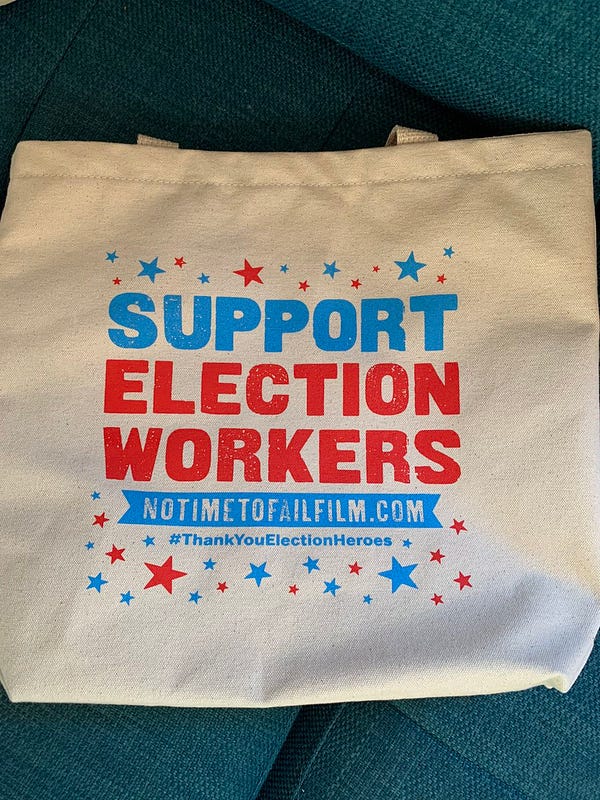
Getting a Vote 16 policy passed is just the beginning of a community’s journey including 16 and 17 year olds in elections. Local election administration is hard, complicated, and often expensive work. These are hard jobs. In the face of underfunding, increasing harassment and abuse from the public, and other challenges, many leaders and experts in election administration are increasingly alarmed about an exodus of experienced and talented leaders from this work.
Vote 16 policies don’t exist in a vacuum. They must be implemented by local election officials who are operating with limited resources and staff to administer an accessible and trustworthy election for all voters.

In extreme cases - as happened last year in California - a Vote 16 policy can pass but not be implemented because the local election officials don’t have the support they need to carry it out. In other cases, the policy may be implemented but lack sufficient outreach. In order to build a successful movement to lower the voting age in the United States, activists need to find more strategies for successfully supporting implementation to prove that this policy can work.
There are three key challenges to Vote 16 Implementation we are working to learn more about as a network.
Challenge 1: Establishing a Supplemental Voter File
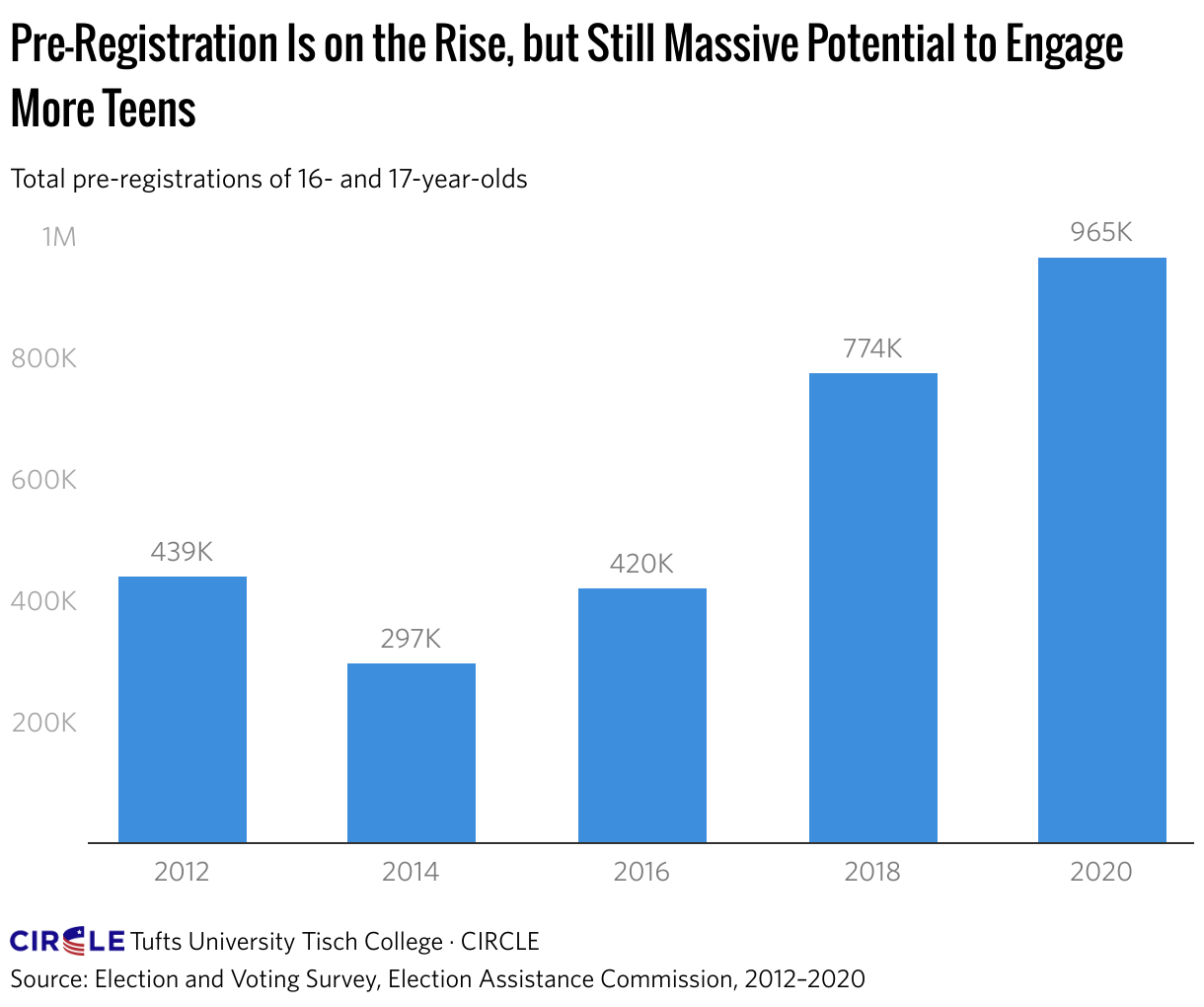
One of the most important challenges facing local election workers implementing a Vote 16 policy is establishing a “supplemental voter file” of voters who are eligible for municipal elections but not state or federal elections. But this challenge is much lower in the 15 states and DC that have pre-registration for 16 and 17 year olds. In these states, the state election officials can share a list of pre-registered voters along with voters over 18 with municipal election officials. We are working on connecting with the county election officials in Prince Georges County who serve four of the municipalities that have Vote 16 policies to learn more about this process.
There are several states where cities are allowed to lower the voting age that do not have pre-registration at 16. In New Mexico and Oklahoma, young people can pre-register if they will be 18 by the next election including many but not all 16 and 17 year olds depending on the time of year. Expanding pre-registration policies in New Mexico and Oklahoma to include all 16 and 17 year olds could be a really helpful step that would lay the groundwork for expanding municipal Vote 16 policies in these states.
In New Jersey - another state for municipal vote 16 policy is allowed - there is pre-registration for 17 year olds but not for 16 year olds. Bringing New Jersey’s pre-registration policy into alignment with the standard nationwide by joining the 15 states with pre-registration at 16 would both increase the impact of that policy and lay the groundwork for widespread adoption of Vote 16 policies by municipalities across New Jersey.
For municipalities that lower the voting age in states without pre-registration, it is still possible for a municipality to maintain its own supplemental voter file. This is something some municipalities that have expanded voting rights for undocumented people are already doing and such files can easily be expanded to include 16 and 17 year olds. If your city needs to establish a new supplemental voter file to implement Vote 16 in your community, please reach out to me! There are several experts in the network who can support you in doing that well.
Challenge 2: Getting the Word Out to 16 and 17 Year Old Voters

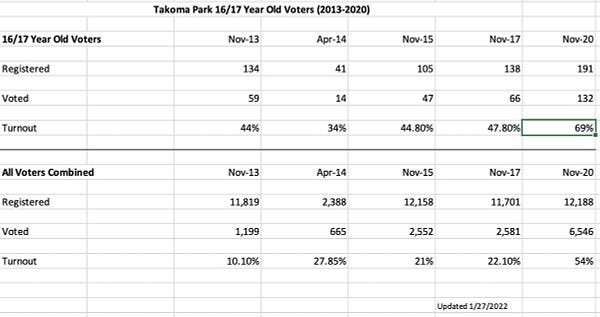

Evidence from nearly a decade of Vote 16 policy in Takoma Park has consistently shown that 16 and 17 year olds vote in municipal elections at extremely high rates if they are registered to vote. Reaching out to this population about registration and educating them about the ability to vote in municipal elections is essential to Vote 16 implementation.
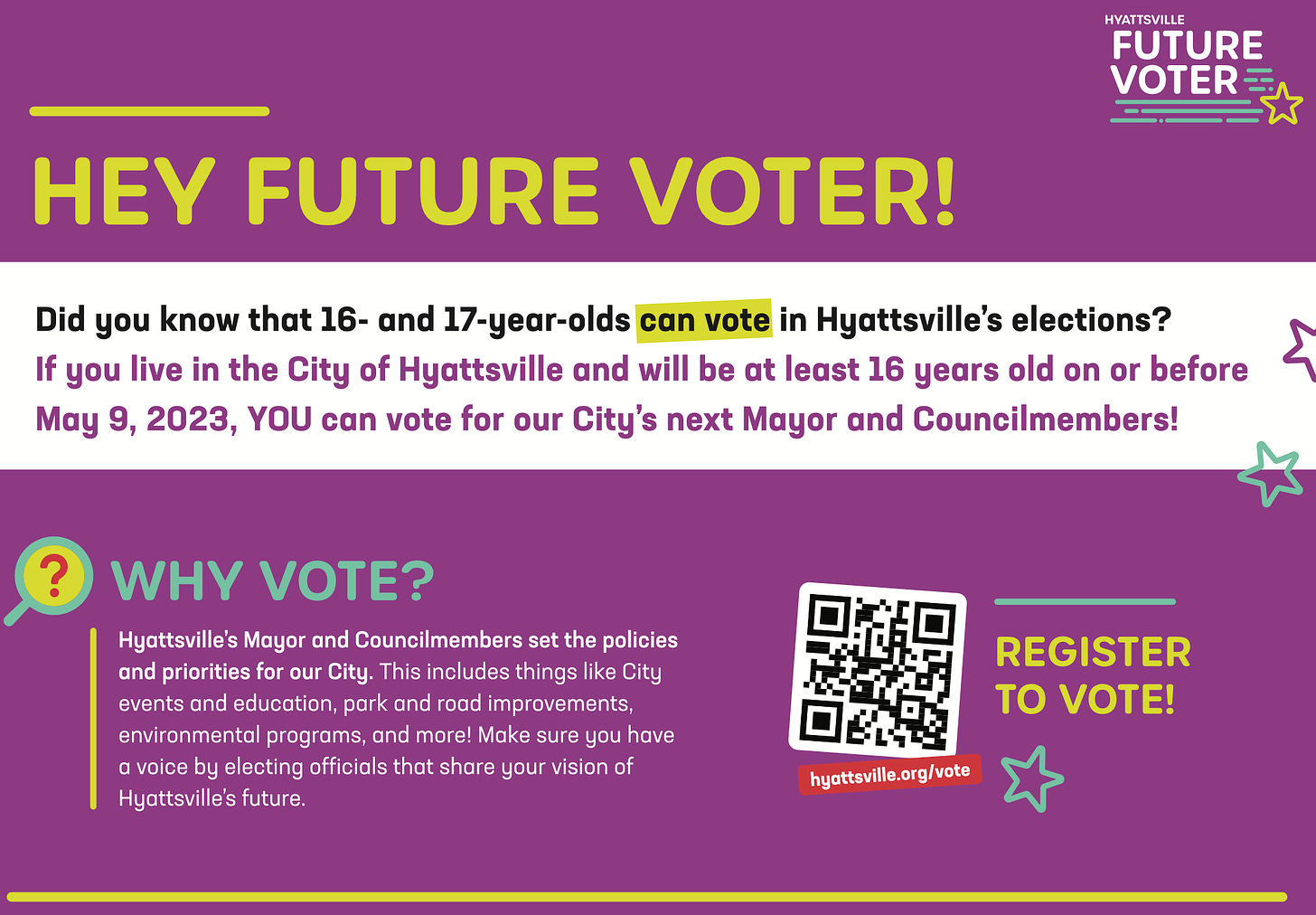
Last year, our network conducted the first ever randomized evaluation of a voter mobilization tactic designed for voters under 18. This year we are looking more closely at school partnerships and how to effectively educate about Vote 16 in schools. These efforts are challenging because high schools often serve students from several municipalities so it isn’t possible to include Vote 16 in a school wide curriculum or shared experience. In states with pre-registration efforts, however, efforts can be made to include Vote 16 education for young people from Vote 16 municipalities in a universal pre-registration curriculum for all students.
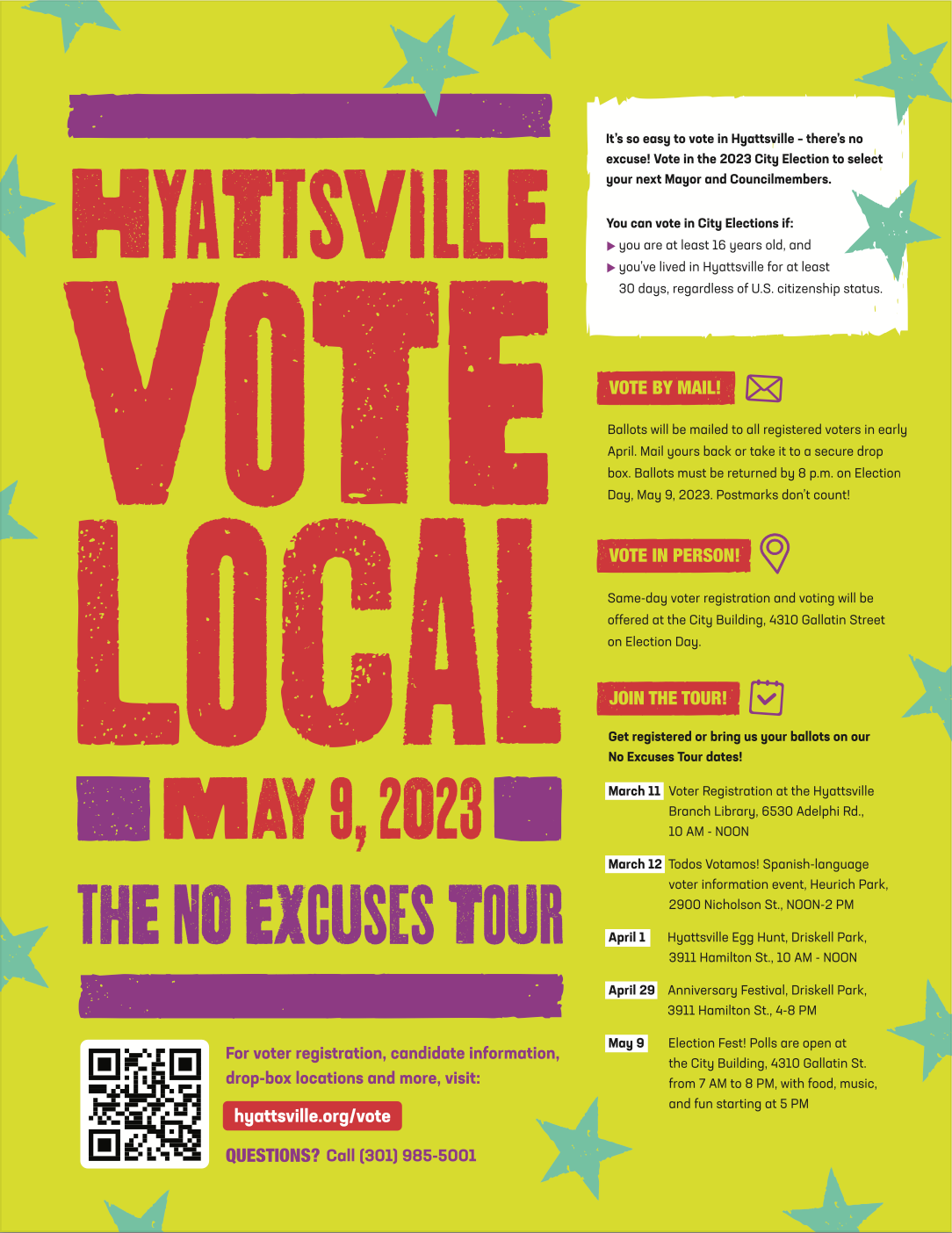
We also are exploring strategies for making voting celebratory for 16 and 17 year olds and beginning voter education before people turn 16. The “No Excuses” tour that Hyattsville is running this spring is a great example of this work and a good opportunity for others around the country to learn.
Challenge 3: Providing an Equitable Voting Experience to 16 and 17 Year Old Voters

If your municipality does elections all by mail or has municipal elections at a different time from state and federal elections, it is much easier to provide an equitable voting experience for 16 and 17 year olds. They can welcomed to the polls or sent a ballot like anyone else.
The Vote 16 movement, however, needs to think through data showing that holding municipal elections at the same time as state and federal elections is one of the most powerful interventions we have to increase participation in municipal elections. People in this movement likely would support reform to support on-cycle municipal elections in their communities even though it complicates Vote 16 implementation.
Takoma Park recently made the change to have its municipal elections at the same time as state and federal elections. They have been a leader in designing equitable in-person voting experiences for voters who are eligible to vote in Takoma Park elections but not eligible to vote in state or federal elections. The challenges are not insurmountable. We look forward to supporting many cities across America in providing equitable voting experiences for 16 and 17 year olds during on cycle municipal elections!
The Upshot
We are making so much progress this year in our efforts to deliver the Vote 16 Implementation Guide requested by our steering committee at the beginning of the year. There are many great templates and strategies to build on thanks to the ingenuity and creativity of local election officials in the five Maryland communities that have Vote 16 policies already.
The Vote 16 Research Network Spring Meeting is a great chance to take this work to the next level! Join us!
Sam Novey is a Community Scholar at the University of Maryland Center for Democracy and Civic Engagement and co-founder of the Vote 16 Research Network.



